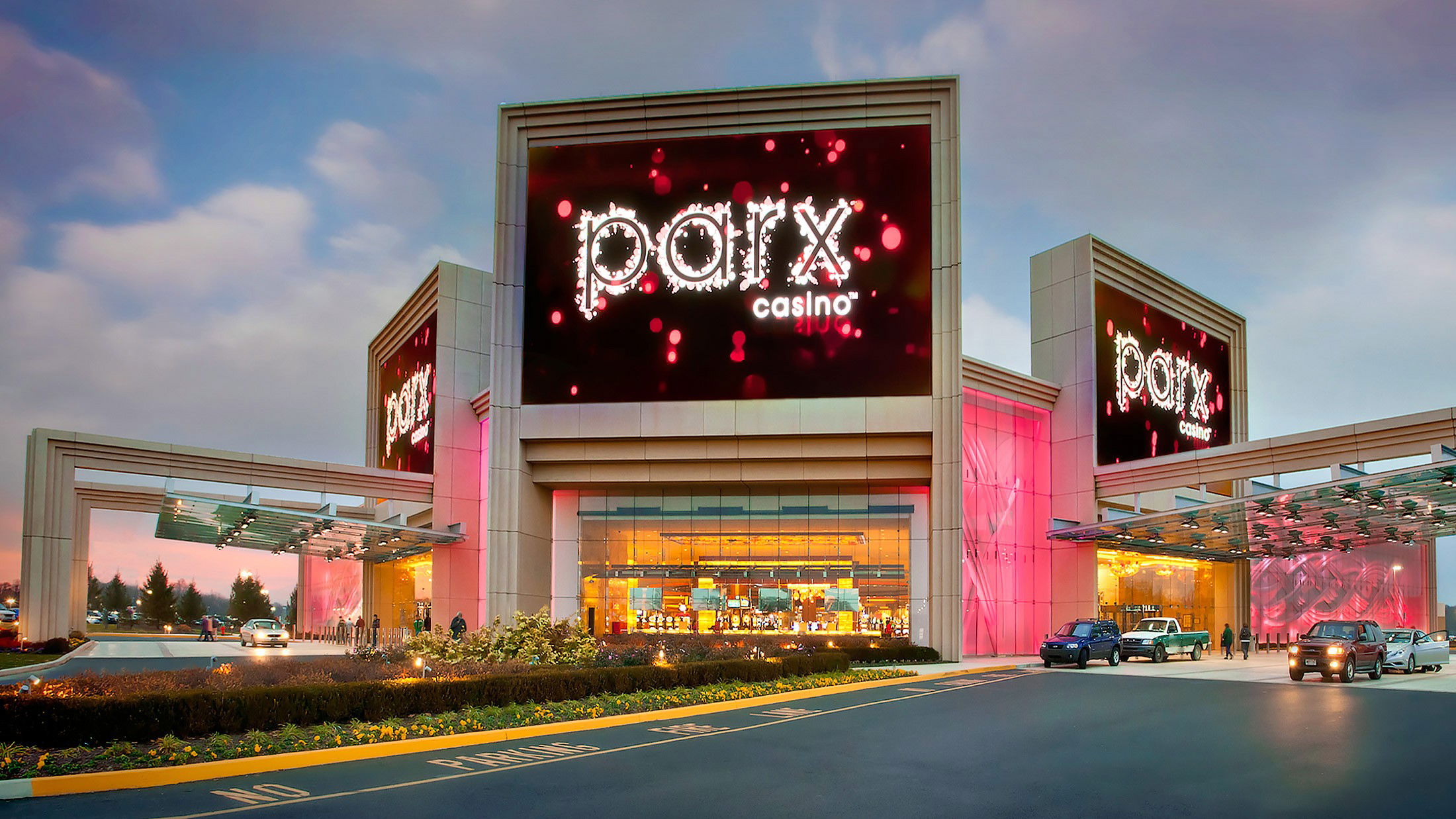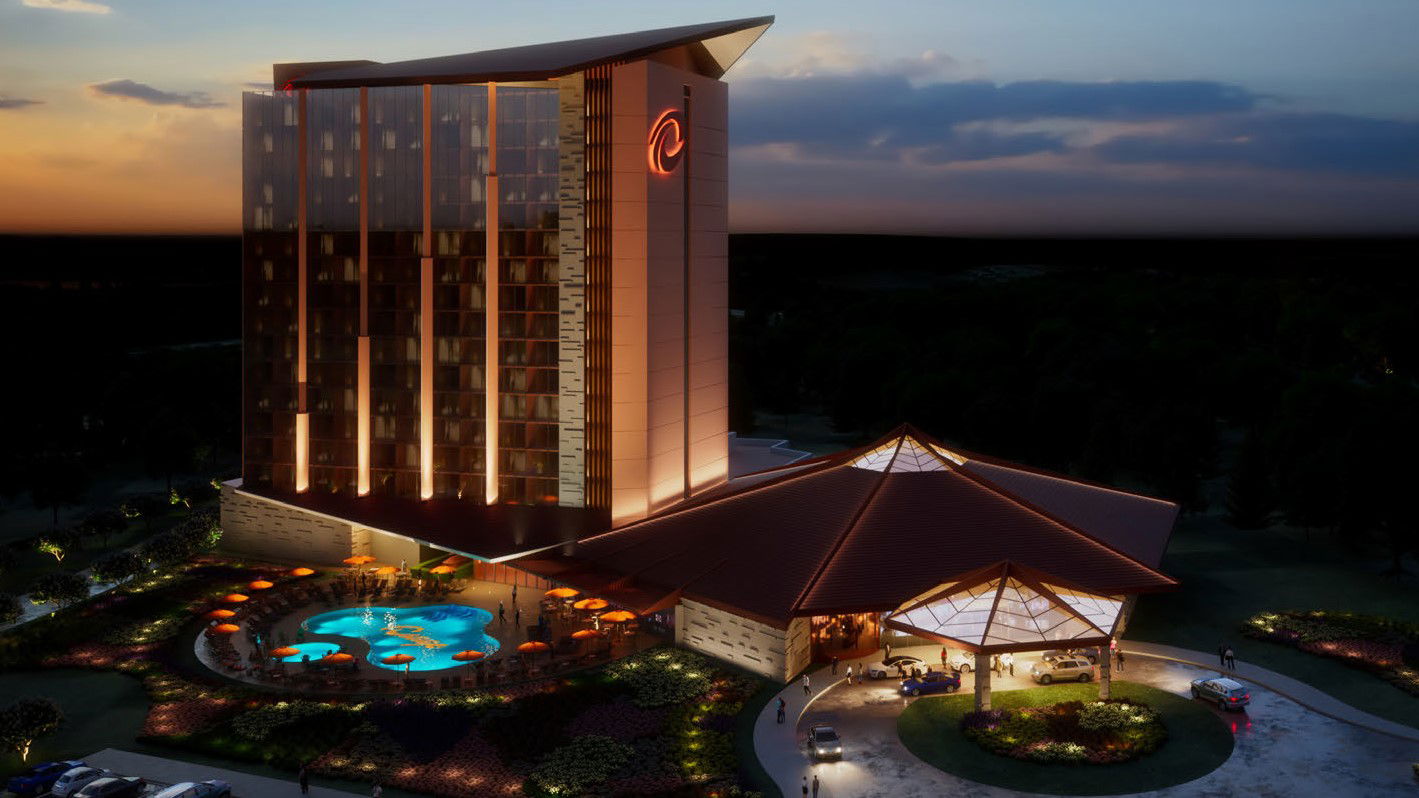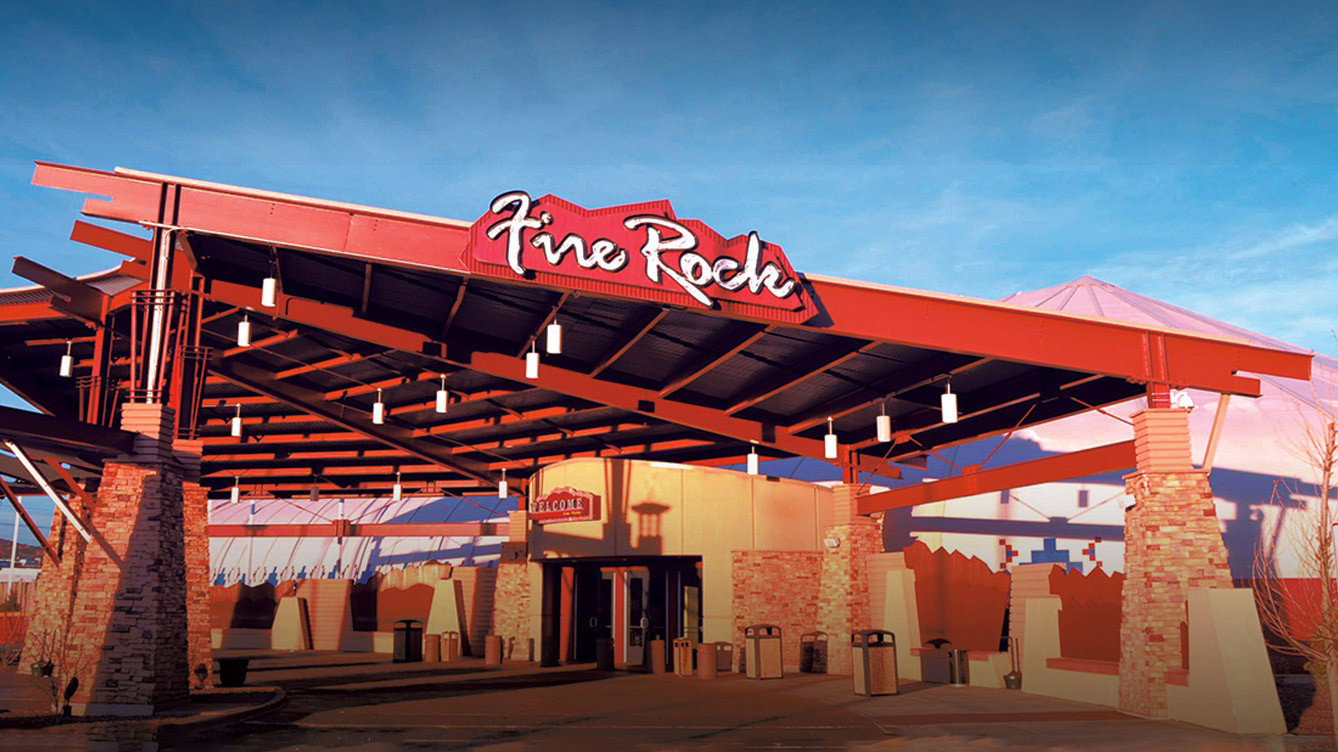Rivers Philadelphia voluntarily introduces casino smoking ban; second in Pennsylvania after Parx

Pennsylvania’s Rivers Casino Philadelphia is voluntarily banning smoking on its gaming floor, the Rush Street Gaming venue announced on Thursday. In a letter sent to employees, Michael Grisar, the casino’s vice president of operations, wrote that starting Friday, April 29, smoking “will not be permitted indoors in any locations of the property.”
The venue has now become the second Philadelphia-area casino to voluntarily prohibit smoking indoors. The property will be indefinitely converting the Jack's Bar + Grill patio to an outdoor, guest-only smoking patio, to be open during Jacks’ Bar operating hours only (Sunday - Thursday from 12:00pm - 10:00pm; and Friday - Saturday from 12:00pm - 2:00am).
There will be no outside, exterior access in or out of the Jack’s Patio via the Riverfront Boardwalk. When Jack’s and the Patio are closed, guests may continue to smoke in the existing outdoor locations at the front of the casino via the north and south entrance doors.
The venue will have limited table seating, as well as patio heaters and umbrellas, for the new outdoor patio space. In addition, the casino will have new cigarette ash urns and ashtrays in place for smokers to utilize following the new measures.

“For all casino operations departments, should you hear a guest requesting where they may smoke, you can now inform them starting this Friday that they may use the Jack’s Outdoor Patio versus going out front, which would require the guest to return through security as they enter inside,” the letter reads.
The casino, the number-three performing by revenue in Pennsylvania, now joins Parx Casino -the Commonwealth’s top-performing casino, located just outside of Philadelphia-, which ended indoor smoking to protect employees and provide a better experience for non-smoking guests last fall.
A series of measures introduced last year against Covid-19 included a prohibition of smoking within casinos, but these were subsequently dropped. Parx Casino decided to maintain the no-smoking policy after the temporary ban “for the health and comfort of both guests and team members,” a move described as having received positive feedback, without detrimental effect on business.
“It’s becoming harder and harder for Atlantic City casinos to defend indoor smoking that threatens the health of their employees,” said Cynthia Hallett, president and CEO of non-profit advocacy group Americans for Nonsmokers’ Rights. “Rivers Casino Philly joins Parx Casino and casinos in Delaware, Maryland, New York and Connecticut in not permitting indoor smoking.”

In March, two Pennsylvania lawmakers proposed legislation that, if passed, would prohibit smoking in state casinos and other workplaces such as clubs and bars. The smoking ban bill was filed by Rep. Dan Frankel and Sen. Jay Costa, with the support of Allegheny County Executive Rich Fitzgerald.
The proposal would close loopholes in current legislation that still allow smoking in certain public places while prohibiting it in others. It would modify Pennsylvania’s Clean Indoor Air Act, which was passed in 2008 to regulate smoking in public places and workplaces.
“Let’s put to rest the myth that customers won’t come if they can’t smoke indoors,” Frankel said, arguing Parx remains the state’s top revenue-generating casino despite a ban. “That didn’t happen when smoking was banned on airplanes. It didn’t happen when smoking was banned in restaurants, and it won’t happen when indoor smoking is finally eliminated in casinos.”
A potential casino smoking ban is also a hot topic for New Jersey lawmakers and casino employees. A proposed bill that would ban smoking in Atlantic City’s venues has been picking up more bipartisan support, although the legislation still awaits committee hearings

The Greater Atlantic City Chamber has issued a statement opposing the proposal, claiming that a smoking ban “would have a negative impact on the casino industry,” resulting in significant job losses and a decline in revenues.
The introduction of a permanent smoking ban in Atlantic City casinos could cost up to 2,500 jobs and cause a decline in gaming and tax revenue for the state of New Jersey, according to a recent analysis by independent research and professional services firm Spectrum Gaming Group.
However, many casino employees and advocacy groups argue smoking within casinos is an outdated business practice that would not have such a material impact, and that instead would prove beneficial to workers and guests.
Last month, the United Auto Workers (UAW), the union that represents casino dealers in Atlantic City, called on New Jersey lawmakers to prohibit smoking in casinos in a letter. This view differentiates from that of the other major casino workers’ union in Atlantic City, the Local 54 of the Unite Here casino workers union, which urged lawmakers not to pass a bill.

















